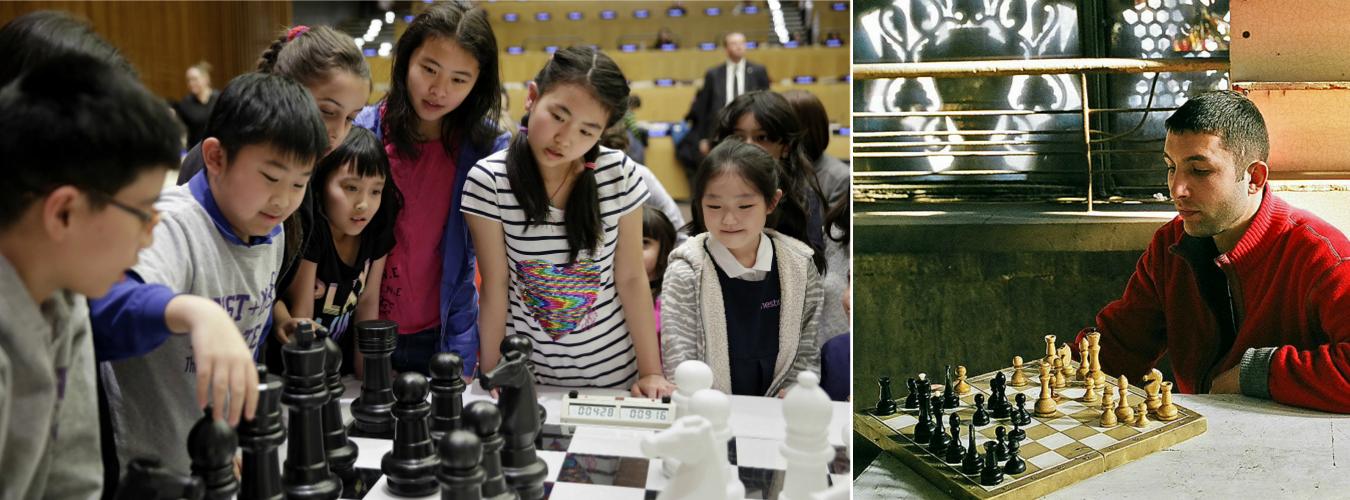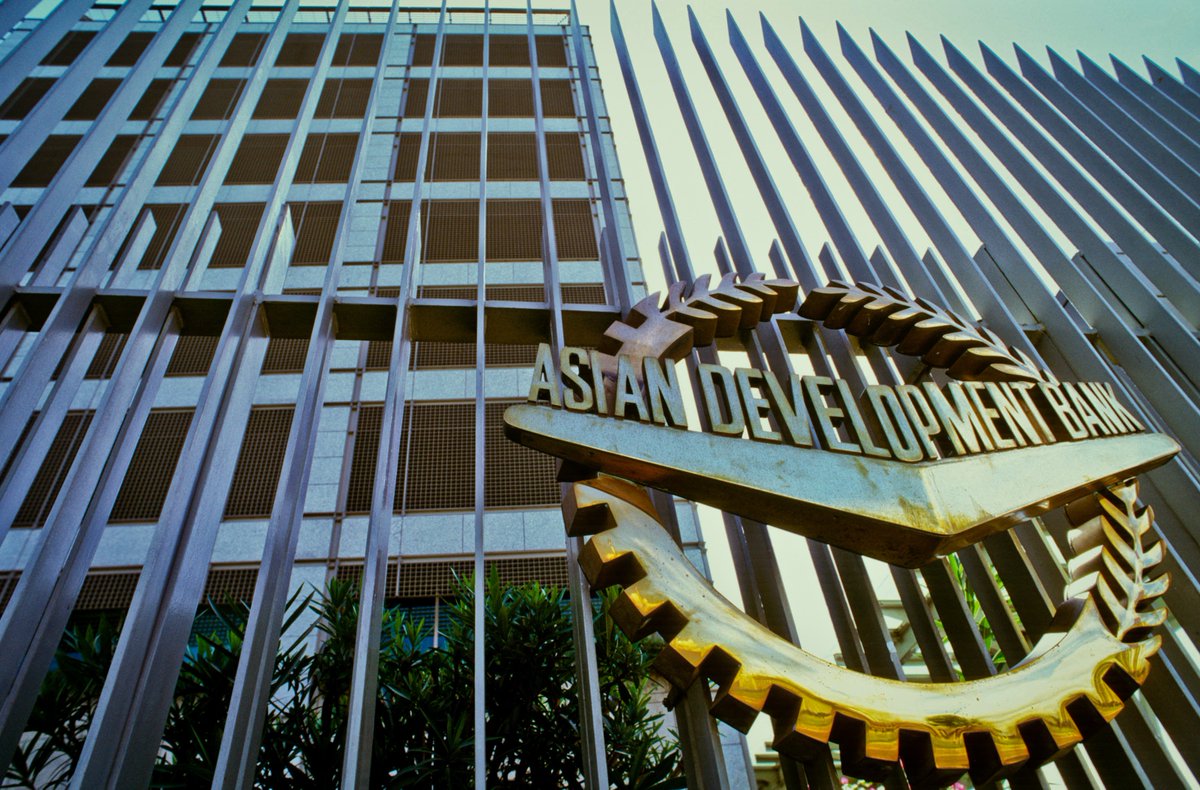Barrister Roman Malik
The Supreme Court of Pakistan’s hearing on the case of missing persons and enforced disappearances raises significant concerns and potential for progress. The Supreme Court’s recent hearing on the issue of missing persons in Pakistan raises crucial questions about justice, human rights, and the rule of law within the country. Here’s a critical evaluation of the proceedings, adhering to the safety guidelines you outlined:
Positive Developments:
- Chief Justice’s Commitment: CJP Isa’s firm statements expressing the court’s intention to resolve the missing persons issue are encouraging. The court’s willingness to engage with the families and acknowledge the gravity of the situation offers hope for progress.
- Focus on Legality: CJP Isa’s insistence on staying within legal boundaries and holding institutions accountable is essential for upholding the principles of a fair and impartial legal system.
- Recognition of Citizen Rights: The acknowledgement of citizens’ right to peaceful protest against disappearances demonstrates the court’s commitment to fundamental freedoms and democratic values.
Areas of Concern:
- Potential Politicization: CJP Isa’s observation about the potential politicization of the issue by PTI raises concerns about bias and the need for the court to maintain neutrality throughout the proceedings.
- Focus on “Influential” Cases: The chief justice’s remark about focusing on cases involving influential individuals could be perceived as ignoring the plight of ordinary citizens who have also suffered through disappearances.
- Effectiveness of Commissions: The lack of progress by the commission established under Justice Iqbal raises questions about the accountability and effectiveness of such bodies in addressing the issue.
- Legislative Gap: The absence of specific legislation on enforced disappearances remains a major impediment to addressing the problem effectively. CJP Isa’s reservations about ordering parliament to enact legislation highlight the complex relationship between the judiciary and legislative branches.
Recommendations and Future Directions:
- Open and Transparent Process: The court should ensure transparency in its proceedings and make information readily available to the families and the public.
- Impartial Investigations: Thorough and impartial investigations, free from political or institutional interference, are crucial to uncover the truth behind disappearances and hold perpetrators accountable.
- Strengthening Legal Framework: Enacting a comprehensive law on enforced disappearances would provide a clear legal framework for pursuing justice and preventing future violations.
- Engagement with Civil Society: Collaborating with human rights organizations, activists, and families of missing persons can bring valuable insights and strengthen the court’s efforts.
The Supreme Court’s engagement with the missing persons issue represents a crucial step towards addressing a long-standing and heartbreaking injustice. Moving forward, it’s essential to ensure fair and impartial proceedings, prioritize the rights of all citizens, and strive for a comprehensive legal framework that protects fundamental freedoms and guarantees justice for all.
While the Supreme Court hearing offers a glimmer of hope for progress, it’s crucial to recognize the complexities and challenges ahead. A sustained commitment to collaboration, transparent investigations, legislative action, and international cooperation is necessary to effectively address the issue of missing persons and enforce disappearances in Pakistan. Only then can genuine justice and closure be achieved for families and contribute to a more secure and just society.
Please, subscribe to the YouTube channel of republicpolicy.com

















































